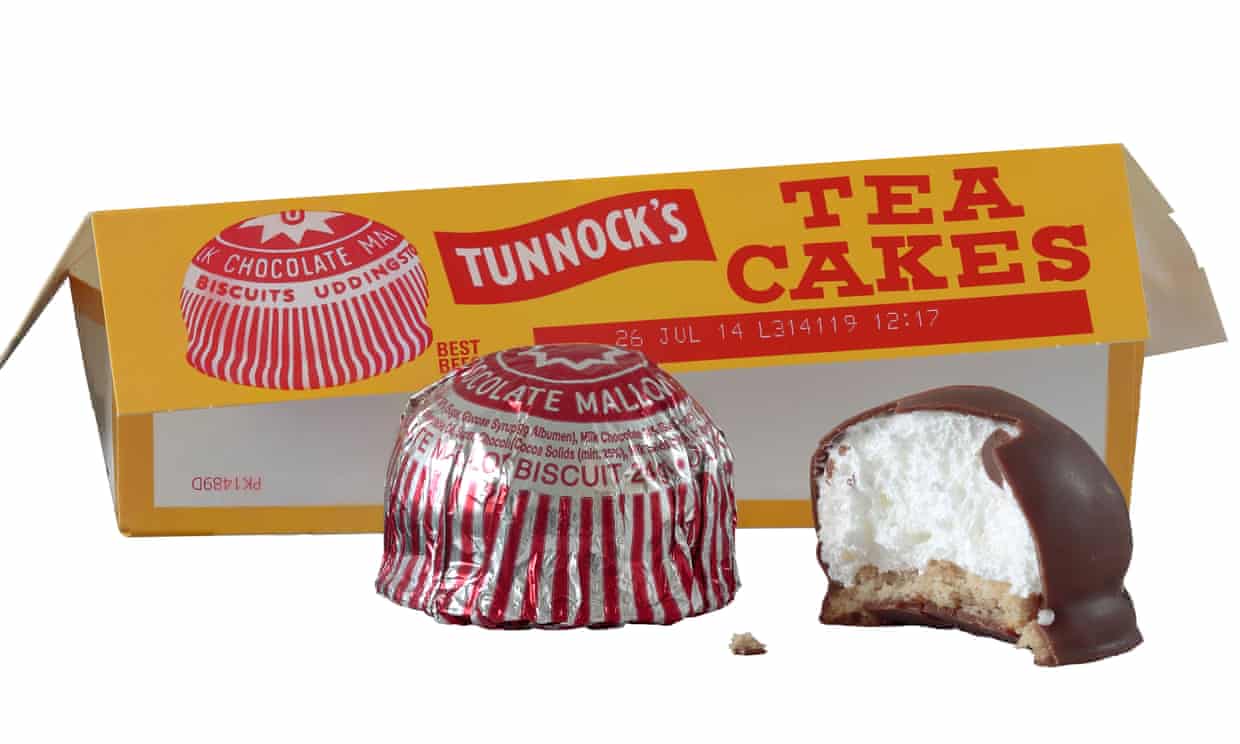Which then also brought up what a country even apparently has the right to do vs a state in the USA or the premier of Quebec for instance. I don't know much about Canadian politics (perhaps
@Cheimoon can add more here) but it turns out that Sturgeon seemingly has quite a bit less power than De Santis or Abbot.
For what it's worth, the Canadian federal government and the provincial governments are technically on an equal footing; the provinces do not represent a lower level of jurisdictional hierarchy. (The territories do, which is why I am not mentioning them here.) Consequently, Canadian provinces have a significant level of independence. E.g., health policy, infrastructure, policing, education, and more are exclusively provinciall competencies. There is no Canadian education system, Canadian public health insurance, etc.: every province has its own.
The complication comes in where federal laws supersede provincial laws, and provincial income in large part comes from federally collected taxes. This gives the federal government significant leverage and is one reason why e.g. public health insurance plans across the country are quite similar. But this leads to a constant tension that you can see play out constantly. Just yesterday, I read that Alberta is challenging the federal competency to set emissions limits for the gas and oil industry, arguing that these limit the production of those companies, while managing natural resources is a provincial competency. And two weeks ago, all provinces challenged the federal position to only increase the Canadian health transfer (the money the federal government transfer to the provinces for their health care systems, which currently covers close to a quarter of their costs) with certain conditions on how money is spent, while the provincies say that health care is a provincial competency for which they should just receive funding to spend as they want.
I'll add that Quebec additionally has managed to get some further independence. In particular, it has its own tax office and thus has more of its own income. Also, policing is a little more complicated. Most municipalities have their own police force, but many rural municipalities don't. In that case, the RCMP, the federal police which otherwise primarily serves to enforce federal criminal law, takes care of regular policing duties. However, Ontario and Quebec have their own provincial police force which takes care of highway and rural policing and protects government buildings and persons, and Alberta is considering creating one as well.
Other Canadians can correct me where I got it wrong above; I'm sure
@Dr. Dwayne will spot some issues!

All the same, while I don't know the UK system in detail, from what I've read, Scotland's situation does not go beyond this.
As for my own view on obtaining independence: I do think it should be up for a region by itself to decide if it wants to become independent - as much as that's not apparently not how it's done almost anywhere. And I think that should be entirely regardless of history or jurisdictions. I mean, if Cape Breton Island (which was never its own jurisdiction and doesn't have much history of note) would push for independence, I think they have'd as much a point as anyone. My problem is with voting percentages. Is a simple majority enough? What if it's a majority of 1 person, and 2 people change their minds tomorrow? It seems a little whimsical to make such a large decision based on, potentially, a tiny majority vote. (Same for Brexit btw.) On the other hand, a majority is a majority; why would the threshold have to be 60% or whatever? Maybe a solution would be to have a repeat vote: if you can get a majority now and again a year from now, you're good to go.


 Conflating group identity with the political entity that is a country. Not that it's stupid for Scotland in itself, but as a general principle.
Conflating group identity with the political entity that is a country. Not that it's stupid for Scotland in itself, but as a general principle.